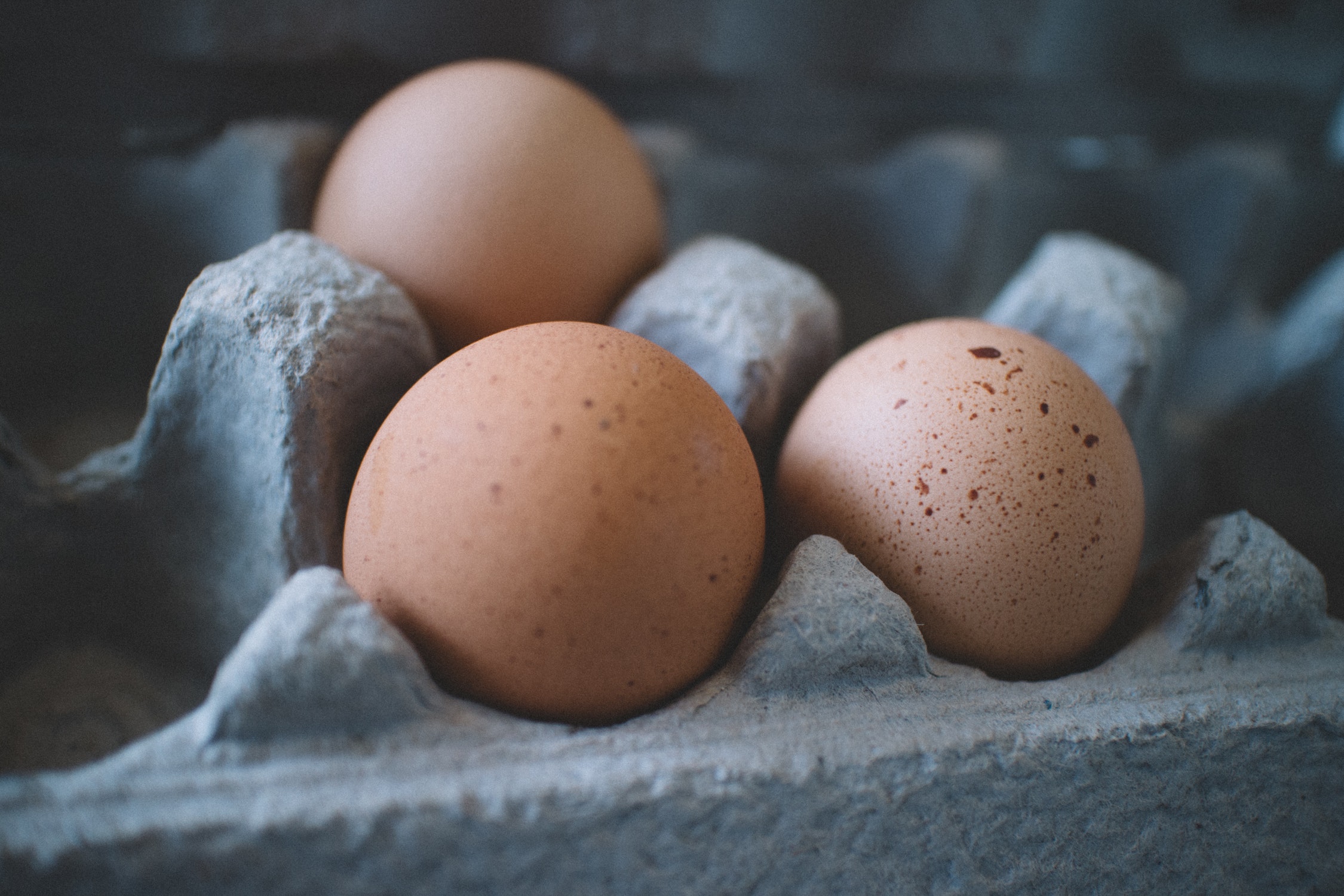
A recent review found that although preconception diets often have insufficient levels of various nutrients, protein intake was actually more likely to exceed daily recommendations than be insufficient! This makes sense as unless you’re following a very restrictive diet, most people find it easy to eat enough protein without really trying. But how much protein do you need to eat every day to support fertility? Can you have too much or too little protein for fertility?
How Much Protein Do You Need To Support Fertility?
In the Nurses Health Study, they found that even after adjusting for other causes, women with the highest protein intake had a 41% greater risk of ovulatory infertility than women the lowest intake. However, when they looked into it they found that this only applied to animal sources of protein and not vegetable! (More on plant-based proteins blog post.)
When they broke it down they found that consuming 5% of total energy as animal protein instead of as carbohydrates was associated with 19% greater risk of ovulatory infertility. In contrast, consuming 5% of energy as vegetable protein rather than as carbohydrates was associated with a 43% lower risk of ovulatory infertility.
This is just one study but it does indicate that in terms of high protein diets, the source of protein matters a lot!
Well, interestingly one mouse study found that a low protein diet during the 4 days prior to implantation led to changes that resulted in offspring with increased weight from birth and hypertension and abnormal anxiety-related behaviour in adulthood.
But what about humans?
A retrospective cohort study of IVF patients found that those getting more than 25% of energy from protein had a significant increase in blastocyst development and pregnancy rates. Those who had a protein intake of more than 25% combined with less than 40% CHO had an 80% pregnancy rate!
Again, this is just one study and definitely does not mean that you should start counting your macros, but it does align with the idea that a moderately low carb diet may have fertility benefits — likely to do with the relationship between our blood sugar levels and fertility.
So How Much Protein Do You Need to Support Fertility?
Like both fats and carbs, the limited studies we have seem to indicate that as long as you’re having a reasonable amount of protein in your diet, the type may matter more than the exact amount!
back to top
Foodbaby WAS FOUNDED on Kulin Nation land. We acknowledge the Wurundjeri people, Indigenous Australians, who are the Traditional Custodians of this land. We pay our respects to all Aboriginal and Torres Strait Islander Peoples and their Elders past, present and emerging.
Fertility dietitian, cycles nerd, lover of food and squishy newborn baby cuddles. I help people get pregnant (fast) and have the healthiest pregnancies possible.
Hey, I'm Ami
@foodbabyfertility